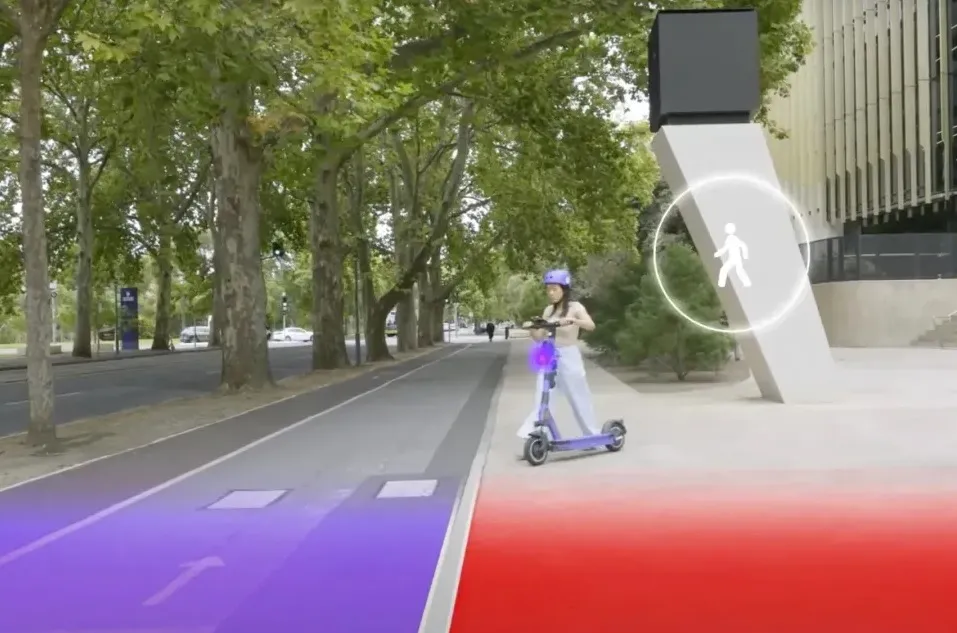Canada has signed an agreement with the US state of California to collaborate on developing cleaner vehicles and fuels.
Catherine McKenna, Canada’s minister of environment and climate change, says: “Working together means a bigger market for clean cars in North America, giving Canadians more choices to save on fuel costs and cut pollution.”
Both governments will develop regulations to cut greenhouse gas emissions from light-duty vehicles operating in Canada, California and the 13 other US states including Colorado, Delaware and Pennsylvania.
The partners will also seek to accelerate the adoption of electric vehicles and may share approaches to developing charging infrastructure. Additionally, they will share technical information and best practices in regulating cleaner fuels.
As part of the agreement, a working group will be established to share policy information and programme design as well as provide technical support and cooperative research and development. Both parties will also work together on emissions testing and enforcement of vehicle regulations.
Canada and California partner on cleaner transportation
Canada has signed an agreement with the US state of California to collaborate on developing cleaner vehicles and fuels.
Catherine McKenna, Canada’s minister of environment and climate change, says: “Working together means a bigger market for clean cars in North America, giving Canadians more choices to save on fuel costs and cut pollution.”
Both governments will develop regulations to cut greenhouse gas emissions from light-duty vehicles operating in Canada, California and the 13 other US states inclu
July 12, 2019
Read time: 2 mins










